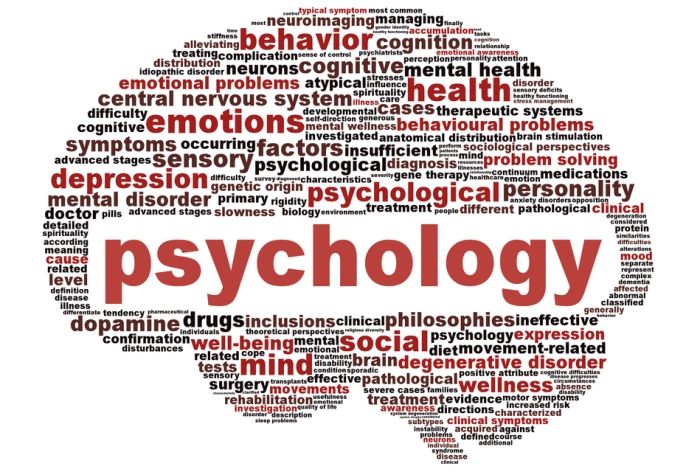Psychology is a fascinating subject that explores the human mind and behavior. It is a field that has produced a wealth of knowledge and understanding about how people think, feel, and behave. Reading psychology books can be an excellent way to learn about the subject and to gain insight into human behavior. In this article, we will explore 10 of the best psychology books that are both informative and engaging.
1."Thinking, Fast and Slow" by Daniel Kahneman
In this book, Nobel Prize winner Daniel Kahneman explores the two different systems of thinking that humans use: the fast, intuitive, and emotional system, and the slow, deliberate, and logical system. Kahneman explains how these systems interact and affect our decision-making processes.2."Man's Search for Meaning" by Viktor E. Frankl
In this powerful memoir, Viktor Frankl describes his experiences as a prisoner in Nazi concentration camps during World War II. He explores the meaning of life, suffering, and the human search for purpose and meaning.3."The Power of Habit" by Charles Duhigg
In this book, Charles Duhigg explores the science behind habits and how they are formed, changed, and broken. He discusses how habits impact our daily lives and how we can use them to improve our behavior and achieve our goals.4."Flow: The Psychology of Optimal Experience" by Mihaly Csikszentmihalyi
In this book, Mihaly Csikszentmihalyi explores the concept of "flow" - the state of complete immersion and focus in an activity. He explains how this state can be achieved and how it can lead to increased happiness, creativity, and productivity.5."Influence: The Psychology of Persuasion" by Robert B. Cialdini
In this classic book, Robert Cialdini explores the art of persuasion and how it can be used ethically and unethically. He explains the six principles of persuasion and how they can be used in marketing, sales, and other areas of life.6."Quiet: The Power of Introverts in a World That Can't Stop Talking" by Susan Cain
In this book, Susan Cain explores the power and value of introverts in a society that often values extroverted traits. She explains how introverts can harness their strengths and succeed in a world that often seems designed for extroverts.7."An Unquiet Mind: A Memoir of Moods and Madness" by Kay Redfield Jamison
In this memoir, Kay Redfield Jamison explores her experiences with bipolar disorder and how it has impacted her life and work as a clinical psychologist. She offers insights into the experience of living with a mental illness and the challenges of managing it.8."The Social Animal" by David Brooks
In this book, David Brooks explores the role of unconscious social and emotional factors in shaping our behavior and decisions. He argues that our choices are often influenced by factors we are not even aware of, and that understanding these factors can help us make better decisions and live more fulfilling lives.9."Stumbling on Happiness" by Daniel Gilbert
In this book, Daniel Gilbert explores the science of happiness and how our brains perceive and pursue it. He challenges common assumptions about what makes us happy and offers insights into how we can find more joy and contentment in our lives.10."Emotional Intelligence: Why It Can Matter More Than IQ" by Daniel Goleman
In this influential book, Daniel Goleman explores the concept of emotional intelligence - the ability to recognize and manage our own emotions and those of others. He argues that emotional intelligence is a critical factor in success, and offers strategies for developing this important skill.Happy reading:)

Comments
Post a Comment